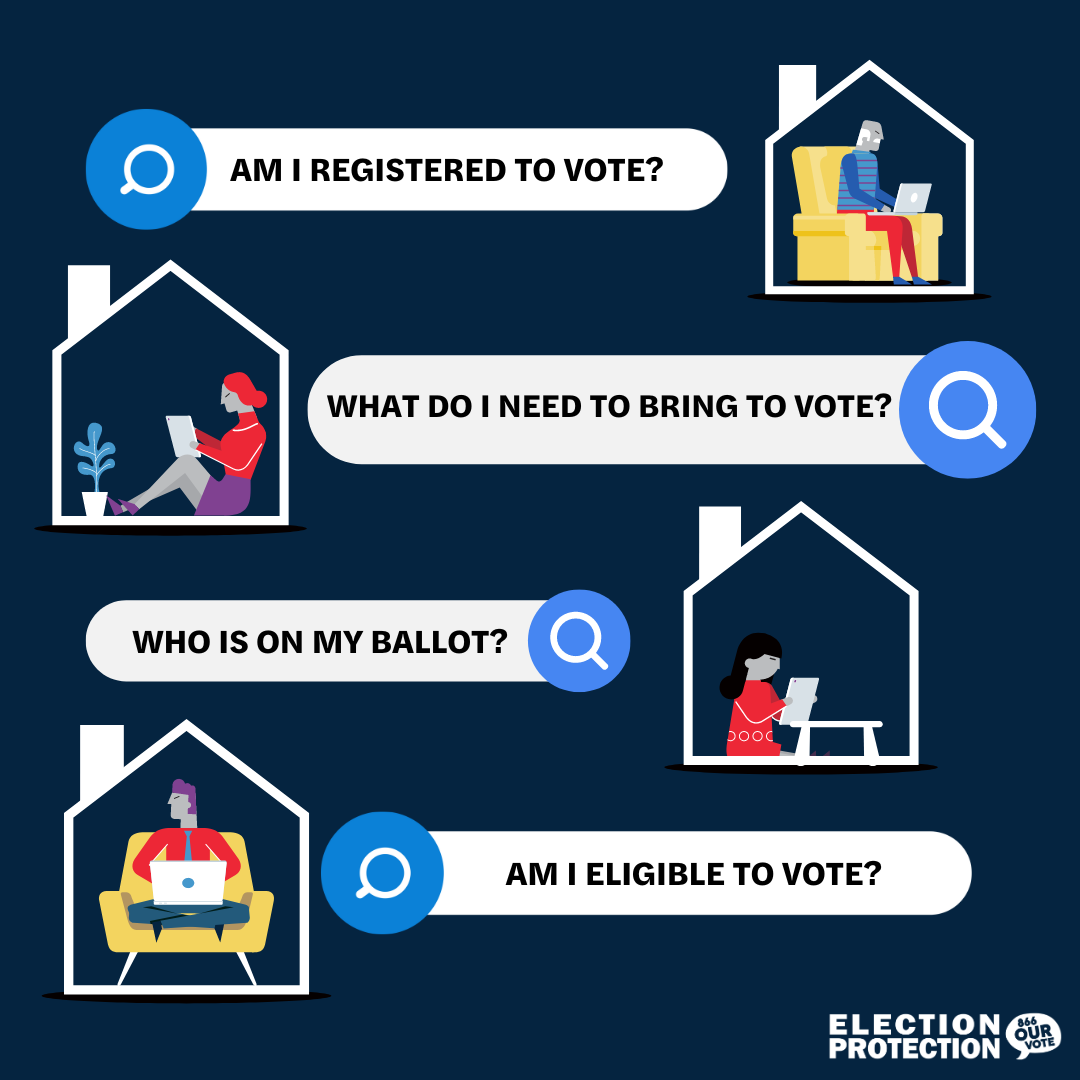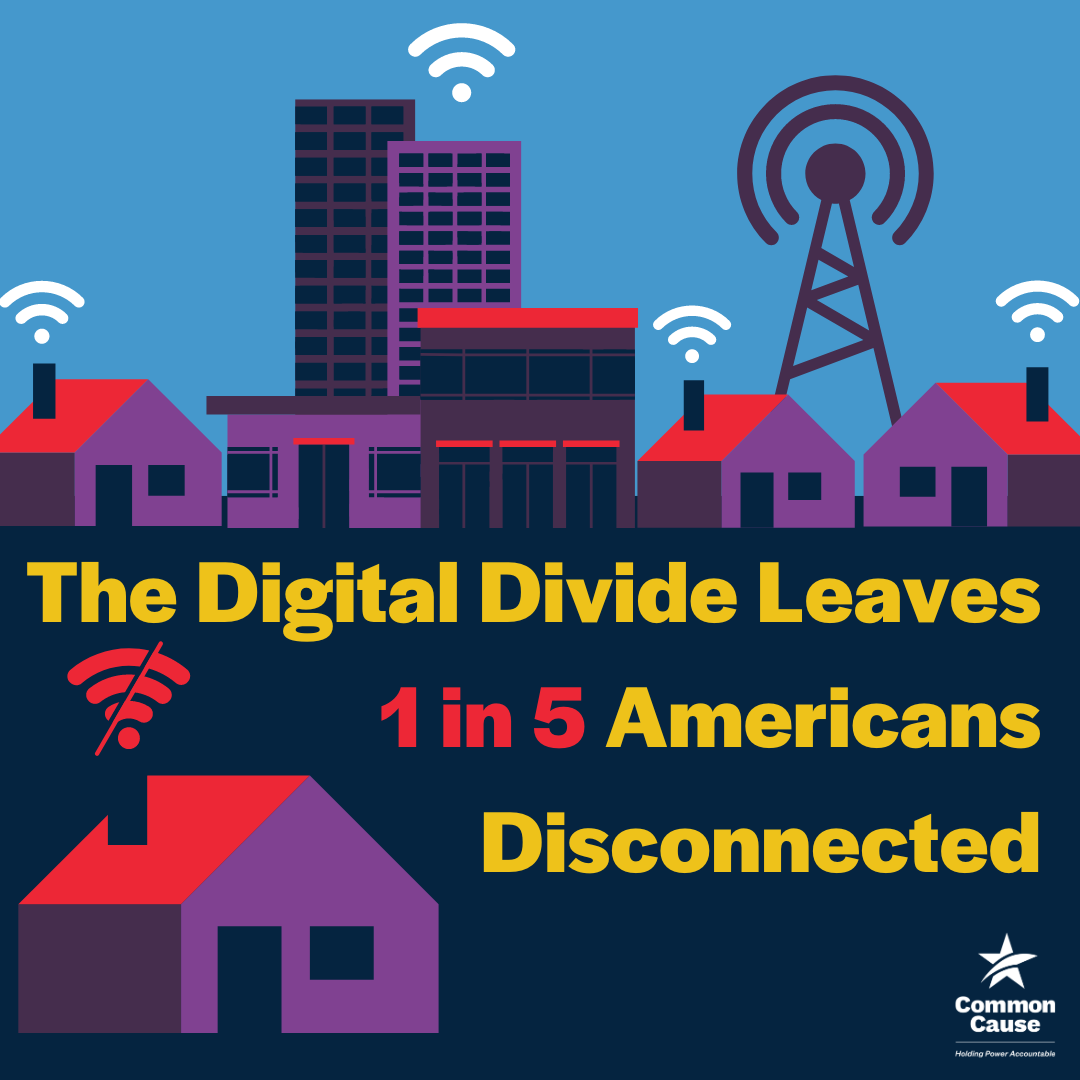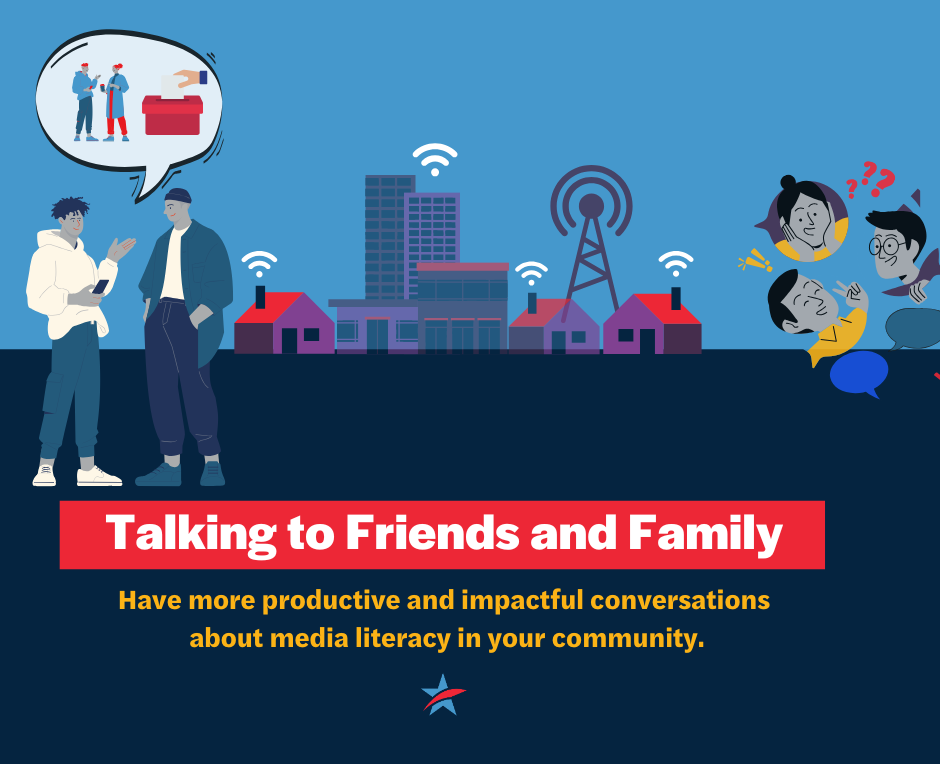Campaign
Affordable Connectivity Program
The Affordable Connectivity Program (ACP) helps ensure that everyone can get online.
Campaign
In the modern age, the internet is necessary for access to education, health care, and connection to friends and family. The past decade has also confirmed that internet access is crucial to actively participating in our modern democracy. Our phones, tablets, and laptops have become tools for:
1 in 5 Americans cannot afford the internet connection they need to participate as equals in our modern society.
This Digital Divide impacts the Black, Latine, Indigenous, Older, Low Income, and Disabled communities the most. These communities often exist in Information gaps making them vulnerable to mis and disinformation about our democratic process.
80%
https://www.pewresearch.org/internet/2024/01/31/americans-use-of-mobile-technology-and-home-broadband/
68%
https://www.pewresearch.org/internet/2024/01/31/americans-use-of-mobile-technology-and-home-broadband/
86%
https://www.pewresearch.org/internet/2024/01/31/americans-use-of-mobile-technology-and-home-broadband/
73%
https://www.pewresearch.org/internet/2024/01/31/americans-use-of-mobile-technology-and-home-broadband/
65%
https://www.bia.gov/service/infrastructure/expanding-broadband-access
41%
https://www.pewresearch.org/internet/2024/01/31/americans-use-of-mobile-technology-and-home-broadband/
Campaign
California Campaign
Event
Guide
Position Paper


